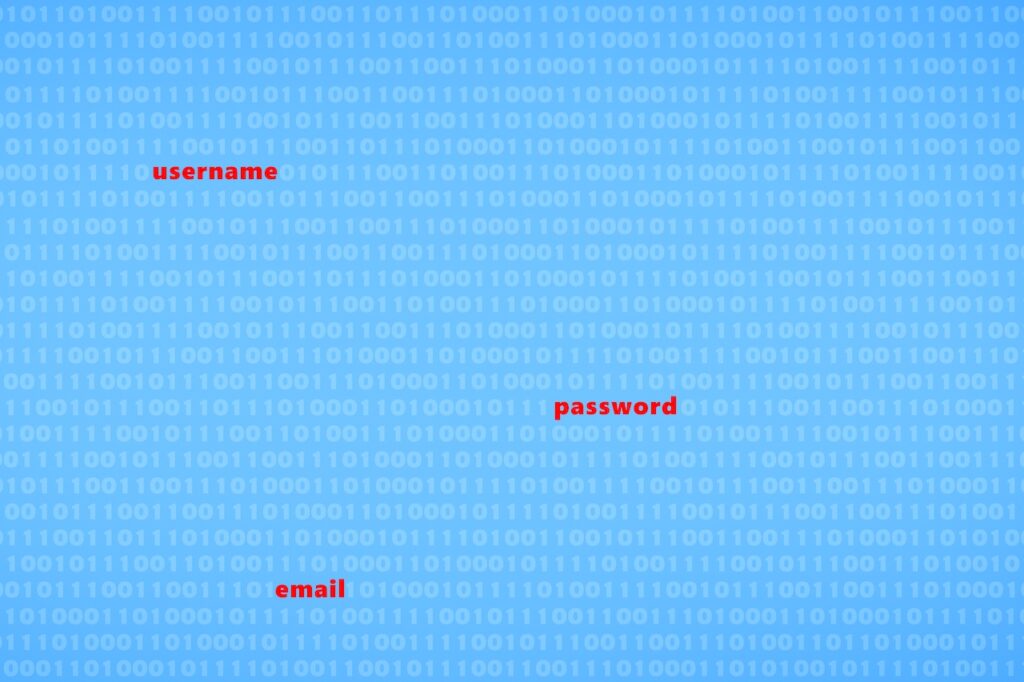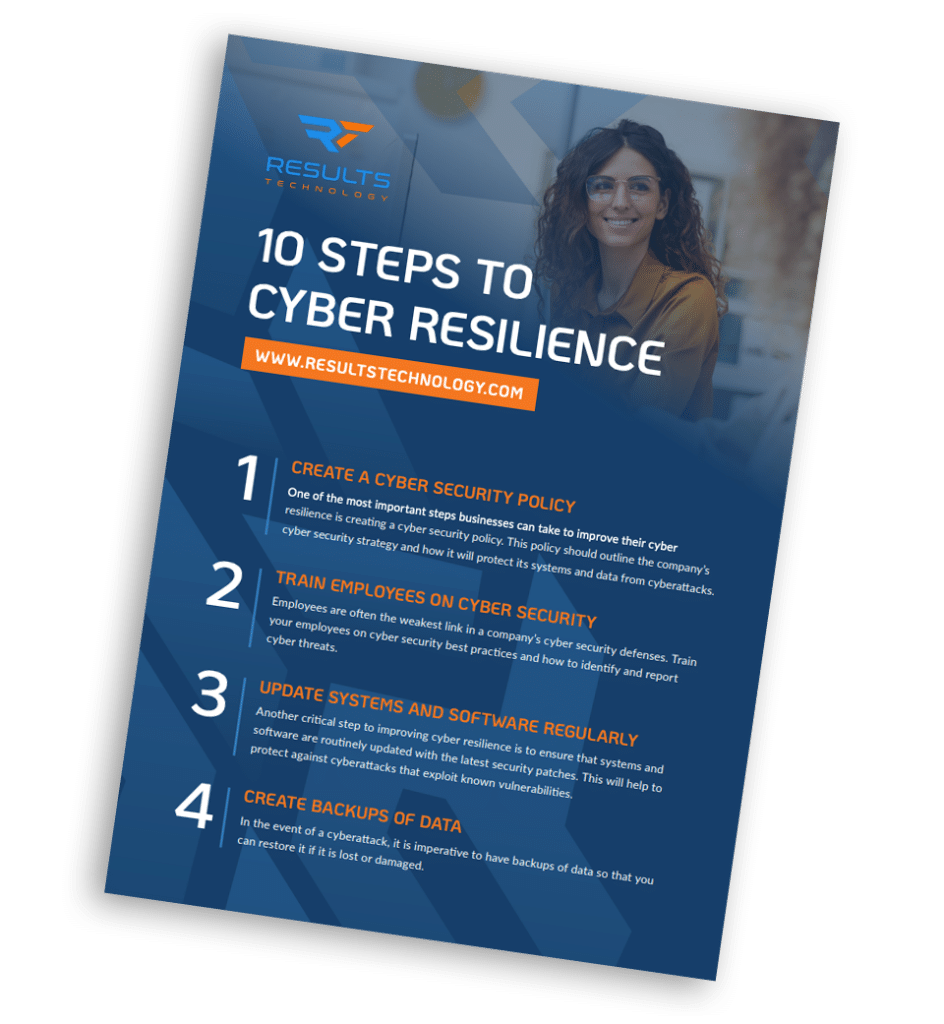There are many cybersecurity myths circulating the internet, and business owners need to be aware of them to protect their business security. Things that might have been true yesterday might not be useful today.
It’s important to understand how harmful these myths are and that they can actually make your business more vulnerable to cyber attacks.
Here are 10 of the most common myths and the truth behind them:
1. Cyber Threats Come from External Actors
While cyber threats do come from external actors, many businesses overlook the fact that internal employees can pose the biggest threat to their organization. A study by IBM found that 95% of data breaches occur because of human error.
This is a common misconception—cybersecurity should be a company-wide effort. Everyone from the CEO to the customer support should be aware of and trained in cybersecurity best practices.
2. Small Businesses Don’t Need to Worry about Cybersecurity
This is a dangerous myth. Small businesses are actually more likely to be targeted by cybercriminals than large businesses. Why? Because small businesses often have weaker cybersecurity defenses and are less likely to have dedicated security teams.
Because their business security is weaker, small businesses are three times more likely to be targeted than large businesses. If you’re a small business owner, don’t buy into the myth that you’re not a target. Invest in cybersecurity measures to protect your business.
3. Cybersecurity Is too Expensive for Small Businesses
The cost of a cyberattack can be devastating, but the cost of preventing one is often much less than you think. There are many low-cost cybersecurity solutions available, and even small businesses can afford to implement basic security measures. Many IT providers offer pay-as-you-go subscriptions, making business security even more affordable.
4. Cybersecurity Is Only about Technology
While technology is a critical part of business cybersecurity, it’s not the only piece of the puzzle. Cybersecurity is also about people, processes, and policies.
Employee education and awareness are critical to preventing cyberattacks. Employees should understand how to spot phishing emails, what to do if they click on a malicious link, and how to report suspicious activity.
Processes and policies are also important. For example, a company might have a policy that requires employees to use strong passwords and change them every 90 days. Or, a process might be in place for how to handle data breaches.
5. I Have Nothing Worth Protecting
This is one of the most harmful myths out there. Even if you think you don’t have anything worth protecting, chances are there is something—customer data, employee data, intellectual property, etc.—that cybercriminals would love to get their hands on.
And if you don’t think you have anything worth protecting, your customers or employees might. If their data is compromised in a cyberattack, they could hold you responsible. This could damage your reputation and cost you customers. And, 60% of small businesses that experience a cyberattack are forced to close their doors within six months. There is so much at stake.
6. My Antivirus Software Will Protect Me from Cyberattacks
Antivirus software is important, but it’s not enough to protect your business from today’s sophisticated cybercriminals. Antivirus software can only detect and protect against known threats, and new threats are created every day.
In addition to antivirus software, you need a comprehensive business security solution that includes firewalls, intrusion detection and prevention systems, and more.
7. It’s Easy to Spot Phishing Scams
Phishing scams are getting more and more sophisticated, and it’s becoming harder and harder to spot them. Cybercriminals are constantly coming up with new ways to trick people into clicking on malicious links or giving away sensitive information.
The best way to protect your business from phishing scams is to educate your employees about what to look for and what to do if they think they’ve received a phishing email.
8. I Use Strong Passwords
Strong passwords are important, but they’re not enough to protect your business from cybercriminals. In addition to strong passwords, you need to use multi-factor authentication (MFA) whenever possible. MFA adds an extra layer of security by requiring a second form of authentication, such as a code from a mobile app or a fingerprint. Having an MFA can prevent 99.9% of attacks.
You also need to make sure your employees are using strong passwords and that they’re not using the same password for multiple accounts. If an employee’s password is compromised, a cybercriminal could gain access to all of their accounts.
9. Cybersecurity is Only the Responsibility of the IT Department
Cybersecurity is the responsibility of everyone in the company. While the IT department might be responsible for implementing and maintaining business security measures, it’s everyone’s responsibility to follow them.
For example, if there’s a policy in place that requires employees to use strong passwords, it’s everyone’s responsibility to follow that policy. And if an employee receives a phishing email, it’s their responsibility to report it.
10. I Don’t Need to Worry About Cybersecurity Because I Have Insurance
Just because you have insurance doesn’t mean you’re automatically protected from cyberattacks. If your policy does cover cyberattacks, it likely won’t cover the full cost of an attack.
For example, a cyberattack could cost you customers, damage your reputation, and result in legal fees—none of which would be covered by insurance. The best way to protect your business from cyberattacks is to prevent them in the first place.
Get Business Security with Results Technology
It is so important to not fall for these myths and instead take charge of your business security. Results Technology specializes in business security and offers a wide range of services to help keep your business safe, such as managed IT services, cybersecurity solutions, and more.
Contact us today for a comprehensive security solution that meets the unique needs of your business.


